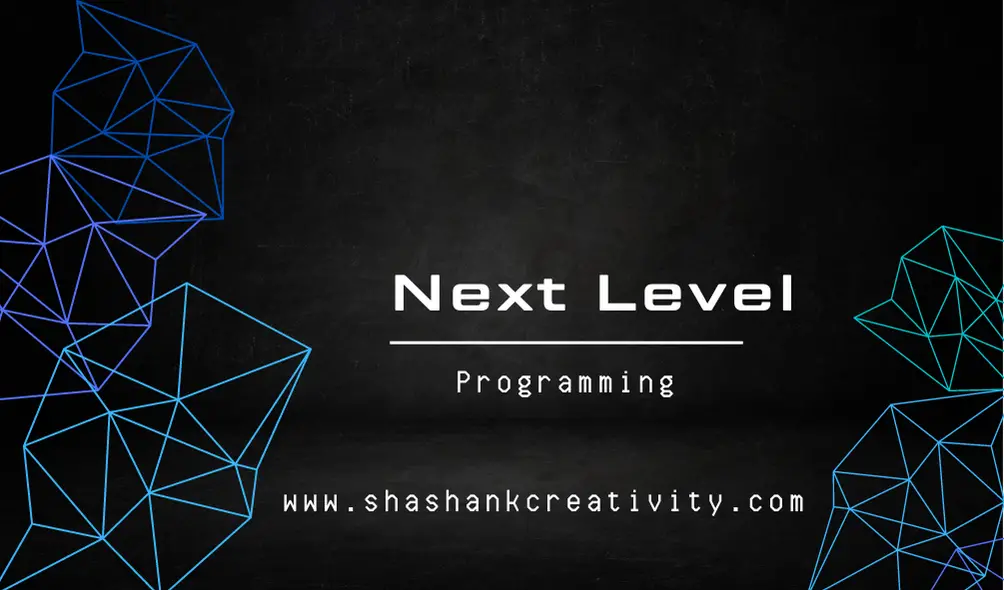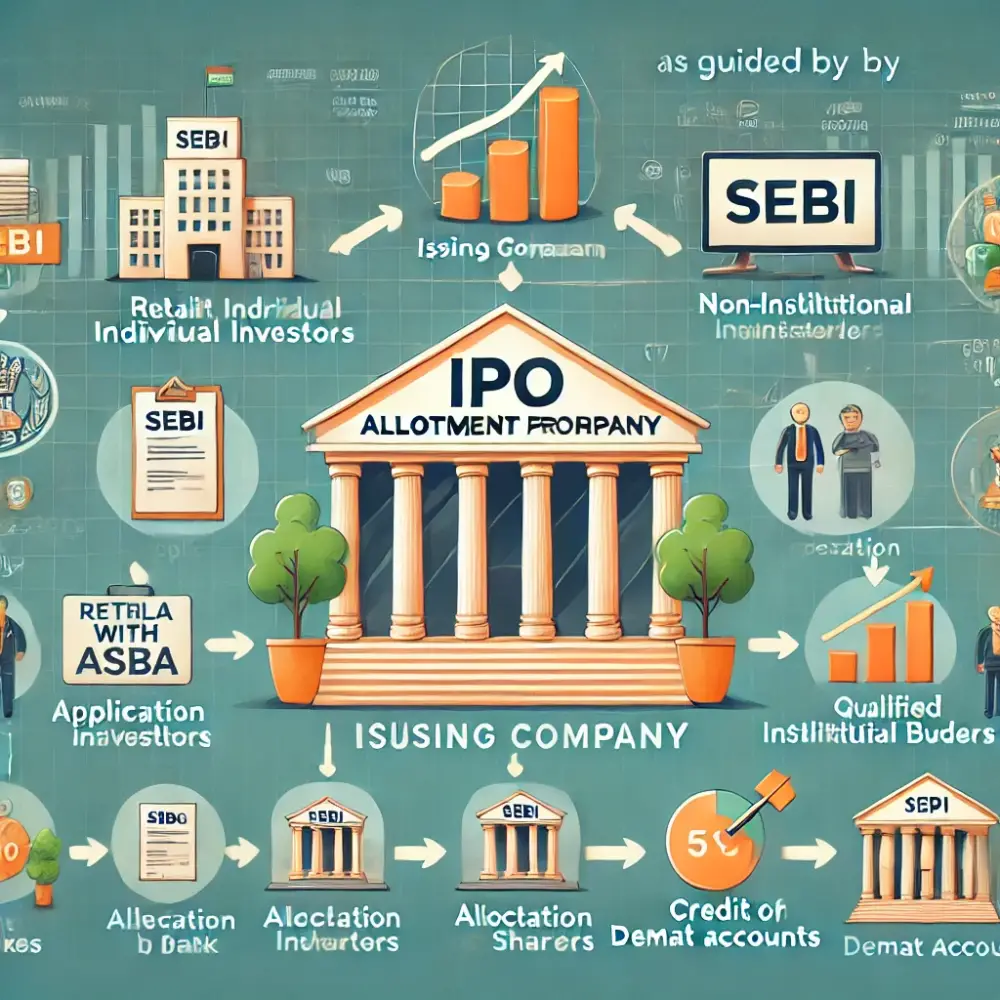Mastering Python: Top Interview Q&A for Beginners

Mastering Python: Top Interview Q&A for Beginners
What is Python?
Python is a high-level, interpreted programming language known for its simplicity and readability.
What is PEP 8?
PEP 8 is a style guide that provides guidelines for writing Python code to improve its readability.
What are the key features of Python?
Python features include dynamic typing, automatic memory management, easy syntax, and a large standard library.
What is a variable in Python?
A variable is a name that refers to a value stored in memory. It is used to store and manipulate data in a program.
How do you declare a variable in Python?
You can declare a variable by assigning a value to it using the assignment operator (=).
Example: x = 5
What are the different data types in Python?
Python supports several data types, including integers, floats, strings, booleans, lists, tuples, and dictionaries.
What is the difference between a list and a tuple?
A list is mutable (can be modified), while a tuple is immutable (cannot be modified).
How do you comment out code in Python?
You can comment out code in Python using the '#' symbol. Anything after '#' on a line is considered a comment.
Example: # This is a comment
How do you get user input in Python?
You can use the input() function to get user input in Python.
Example: name = input("Enter your name: ")
How do you print output in Python?
You can use the print() function to display output in Python.
Example: print("Hello, world!")
How do you format strings in Python?
You can use the .format() method or f-strings (formatted string literals) to format strings in Python.
Example using .format(): print("My name is {}.".format(name))
Example using f-strings: `print(f"My name is {name}.")
What is a module in Python?
A module is a file containing Python code that can be imported and used in other programs.
How do you import a module in Python?
You can import a module using the import keyword.
Example: import math
How do you generate a random number in Python?
You can use the random module to generate random numbers in Python.
Example: import random, random_number = random.randint(1, 10)
What is a function in Python?
A function is a block of reusable code that performs a specific task.
How do you define a function in Python?
You can define a function using the def keyword, followed by the function name and parameters.
Example: def greet(name):
What is a class in Python?
A class is a blueprint for creating objects with similar properties and methods.
How do you define a class in Python?
You can define a class using the class keyword, followed by the class name.
Example: class Person:
What is an object in Python?
An object is an instance of a class.
What is inheritance in Python?
Inheritance is a mechanism in which one class inherits the properties and methods of another class.
What is a constructor in Python?
A constructor is a special method that is automatically called when an object of a class is created.
What is the self keyword in Python?
The self keyword is used as a reference to the current instance of a class.
What are exceptions in Python? Exceptions are errors that occur during the execution of a program. They can be caught and handled using try




